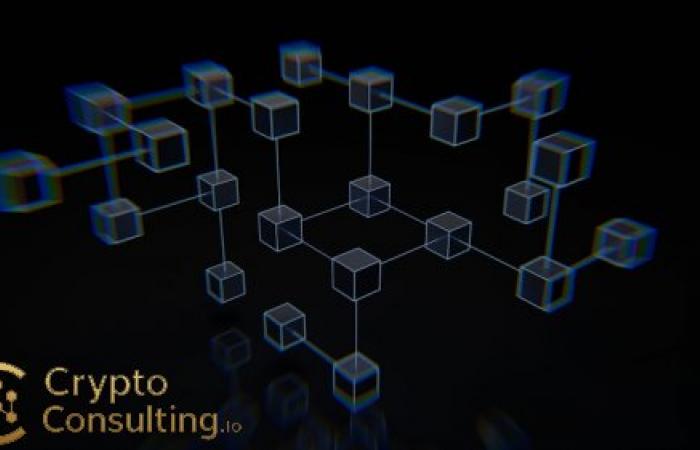
Zero-knowledge proof (ZKP) technology represents one of the most significant cryptographic innovations in blockchain development, enabling parties to prove possession of specific information without revealing the information itself. Among various ZKP implementations, zk-SNARKs (Zero-Knowledge Succinct Non-Interactive Arguments of Knowledge) have emerged as the leading approach for enhancing both privacy and scalability in decentralized systems, fundamentally transforming how blockchains process and verify transactions.
Fundamental Principles of Zero-Knowledge Proofs
Zero-knowledge proofs enable a prover to convince a verifier that a statement is true without conveying any information beyond the validity of the statement itself. In practical blockchain applications, this means users can prove they possess sufficient funds for a transaction, meet age requirements, or satisfy smart contract conditions without exposing actual balances, identity details, or computation inputs. The "succinct" nature of zk-SNARKs means proofs remain small (typically 200-300 bytes) regardless of computation complexity, while "non-interactive" indicates verification requires no back-and-forth communication between parties.
Privacy Enhancement Applications
Privacy-focused cryptocurrencies like Zcash pioneered zk-SNARK implementation, enabling completely shielded transactions where sender, receiver, and amount remain confidential while maintaining cryptographic proof of transaction validity. This approach preserves blockchain benefits (immutability, decentralization) while addressing transparency concerns that make public blockchains unsuitable for sensitive financial or business applications. Recent developments extend zk-SNARK privacy to Ethereum through protocols including Tornado Cash alternatives and privacy-preserving DeFi platforms that protect trading strategies while ensuring regulatory compliance through selective disclosure mechanisms.
Layer-2 Scaling Solutions Revolution
Beyond privacy, zk-SNARKs enable revolutionary scaling through zk-Rollups, which bundle hundreds or thousands of transactions into a single proof verified on the blockchain mainnet. Projects including zkSync, StarkNet, and Polygon zkEVM utilize zero-knowledge technology to achieve transaction throughput exceeding 2,000 TPS while maintaining Ethereum-level security guarantees. By verifying computational correctness off-chain and submitting only proofs on-chain, zk-Rollups dramatically reduce costs (typically 10-100x cheaper than mainnet transactions) and increase speed while preserving decentralization—solving blockchain's scalability trilemma.
Technical Challenges and Future Development
Despite remarkable capabilities, zk-SNARK implementation faces challenges including significant computational overhead for proof generation (though verification remains fast), reliance on trusted setup ceremonies for certain implementations, and complexity requiring specialized cryptographic expertise. Ongoing research focuses on eliminating trusted setups through transparent alternatives like zk-STARKs, improving proof generation efficiency through hardware acceleration, and developing developer-friendly tools that abstract cryptographic complexity. As these technologies mature, zero-knowledge proofs will become foundational infrastructure for next-generation blockchain applications requiring both privacy and performance at scale.

